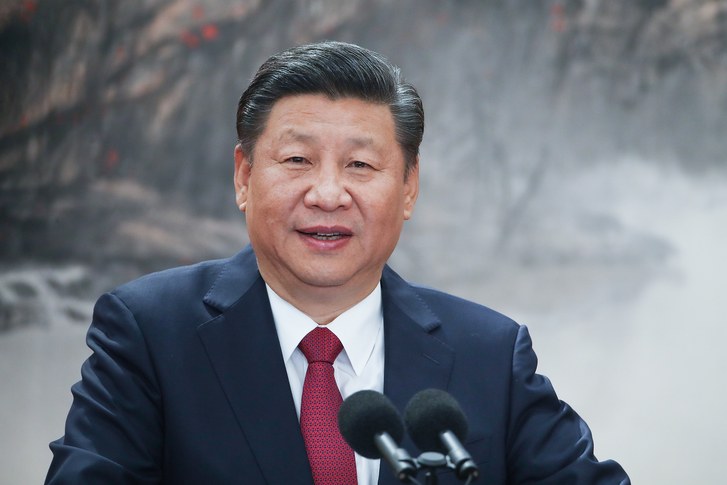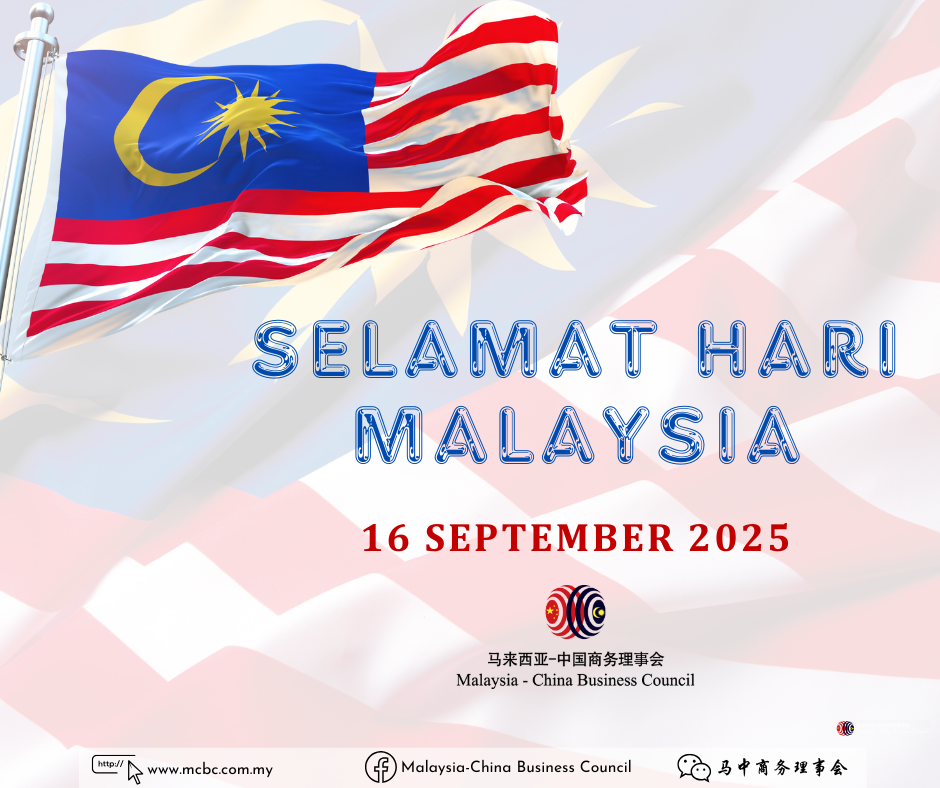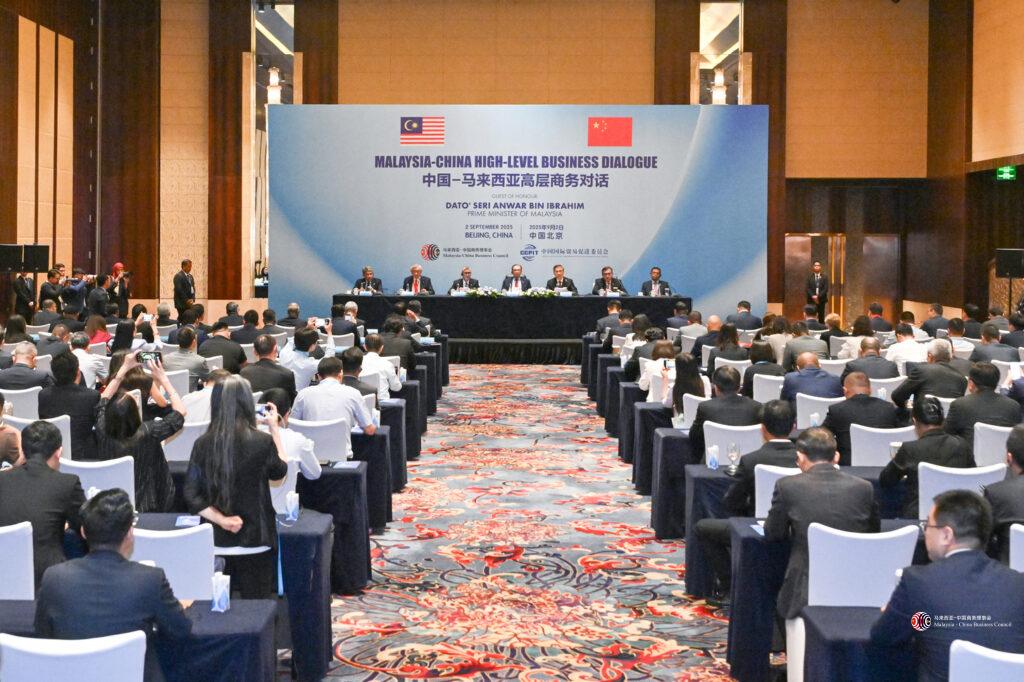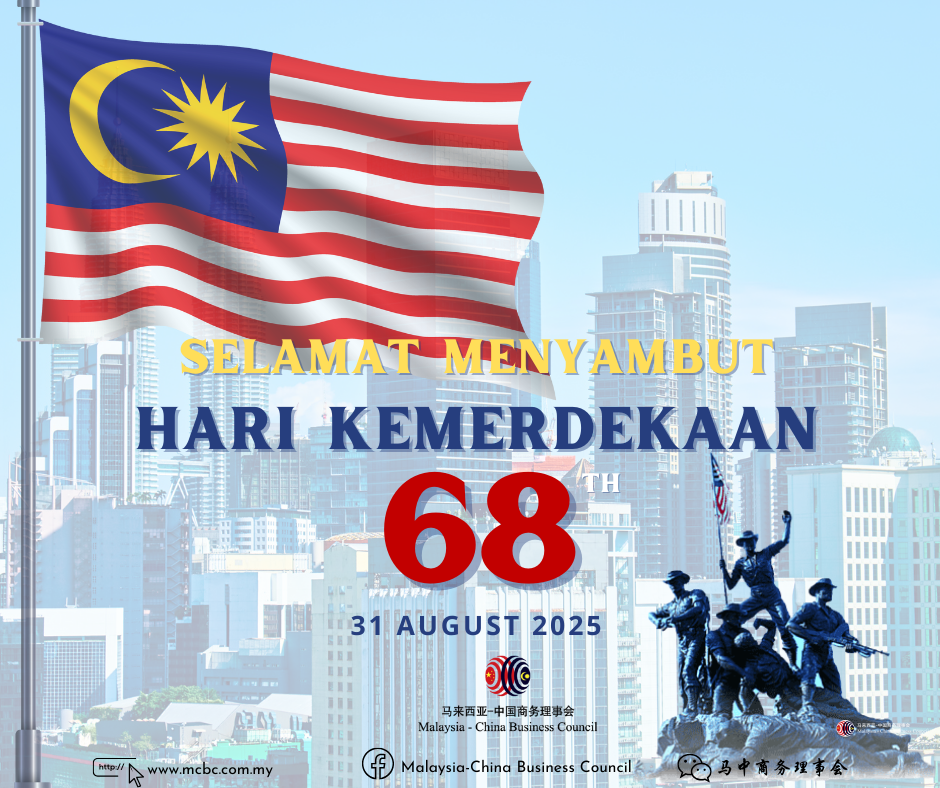BEIJING: China outlined an ambitious plan for the future that will span three continents and see the country pumping in more than 480 billion yuan (RM302bil) in new funds under its Belt and Road initiative.
President Xi Jinping announced that China would allocate an additional 100 billion yuan (RM63bil) for the Silk Road Fund, while its state-owned China Development Bank and Export-Import Bank of China would set up special lending schemes worth 380 billion yuan (RM239bil) in total to support Belt and Road cooperation.
In addition to many other smaller funds for special projects, China would also contribute 60 billion yuan (RM37.7bil) in financial assistance to developing countries and international organisations along the Belt and Road routes, he added.
Speaking at the official opening of the two-day Belt and Road Forum for International Cooperation here yesterday, Xi said in his keynote address: “We will also work together with Asian Infrastructure Investment Bank, Brics Development Bank, World Bank and other multilateral institutions to fund Belt and Road projects.” Xi’s announcements drew applause from some 1,500 forum participants at the China National Convention Centre.
This forum, touted to be the biggest diplomatic event of the year, was attended by 29 heads of state, top officials from the International Monetary Fund (IMF) and World Bank, as well as representatives from over 100 countries.
Prime Minister Datuk Seri Najib Tun Razak was among the leaders present. Others included Russian President Vladimir Putin, Turkish President Recep Tayyip Erdogan, Indonesian President Joko Widodo, Philippine President Rodrigo Duterte and Myanmar senior minister Aung San Suu Kyi.
Xi’s Belt and Road initiative, which originally aimed at building economic connectivity with 64 countries via infrastructure investments along the old Silk Road and maritime routes, is making positive impact on many countries – particularly under-developed nations.
Malaysia is also one of the big beneficiaries.
Calling this initiative “the project of the century”, the Chinese leader said that “it is open to all friends”, although the Belt and Road routes passed through mainly Asia, Europe and Africa.
“Be it Asia, Europe, Africa or America, all are partners in building the international Belt and Road cooperation.
“Belt and Road will be built on mutual consultation and the results will be enjoyed by all,” he said.
Xi noted that China had invested over US$50bil (RM217bil) in countries along the Belt and Road between 2014 and 2016, with total trade exceeding US$3 trillion (RM13 trillion).
“Chinese enterprises have contributed close to US$1.1bil (RM4.8bil) in tax revenue and created 180,000 jobs in some 20 countries,” he said to applause.
The Belt and Road initiative, comprising a land-based belt road and a marine route, was introduced by Xi in 2013 with the original focus on building infrastructure to spur development and trade in recipient nations.
With its aim of boosting growth through improving infrastructure, China has embarked on building railways, ports, and economic corridors in countries hungry for development.
In sharing his globalisation vision, Xi said China plans to develop the Belt and Road into “a path of peace, prosperity, openness, innovation and civilisation”.
He pledged that China would cherish mutual respect and stressed that the Belt and Road initiative would not result in China imposing its values and political system on other countries or interfering in their internal affairs.
“When promoting Belt and Road, we will not repeat the old gimmicks of geopolitics, but we will create a new cooperation model for mutual benefits. We will not be a small, destructive bloc, but want to see the world become a big, peaceful family,” he said.
He said partnership, dialogue and companionship, instead of confrontation, should be the new form of international relations.
On innovation, he said big data, cloud computing and smart cities could form a “21st century Digital Silk Road” and young people should benefit from this plan.
“We have to create an open platform to uphold and develop an open global economy,” he said.
Source: The Star, 15 May 2017




